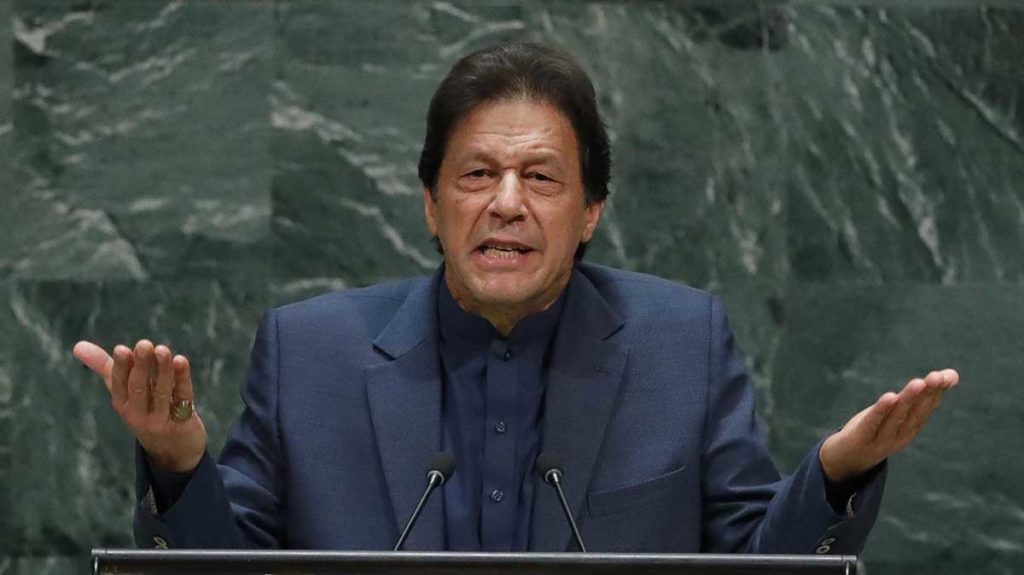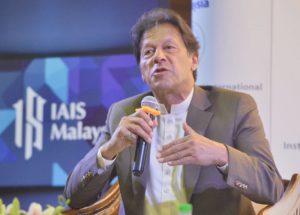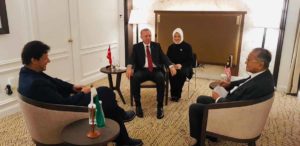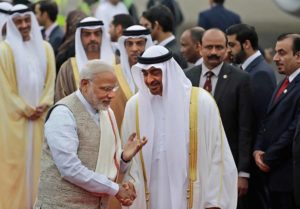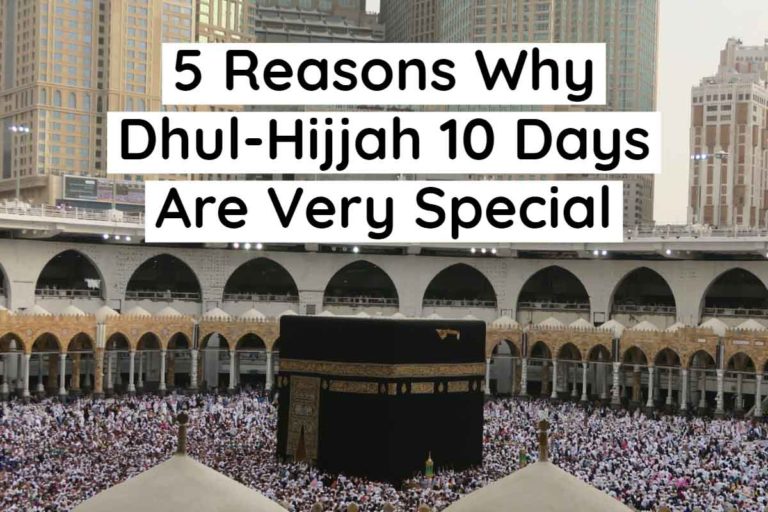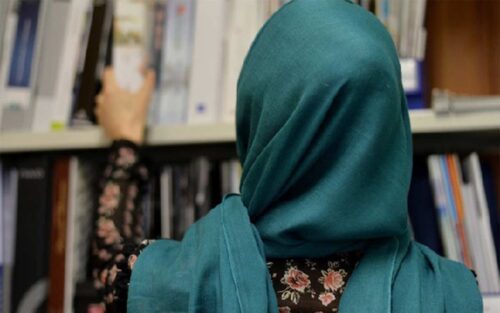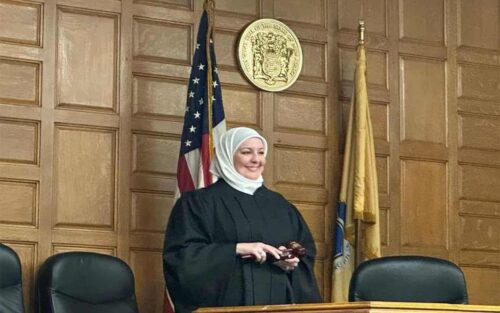Pakistan’s prime minister Imran Khan addressed the United Nations General Assembly for the first time today (Sept. 27). It was a passionate speech that felt more spontaneous than most others, and touched on several important issues: Kashmir, in direct response to India’s prime minister Narendra Modi, who spoke shortly before Khan; the struggle of poor nations toward development; the necessity to hold wealthy people accountable in order to achieve a more just society.
Perhaps the most powerful and passionate part of his 50-minute speech, which went beyond the time allotted by the proceedings, was a plea to world leaders to end Islamophobia. Khan said that he had always hoped, were he ever to take such a prominent global stage, to use it to clear some of the misunderstanding surrounding Islam and its followers—and the responsibilities of both Western and Muslim leaders in fostering it.
“Islamophobia since 9/11 has grown at a pace which is alarming,” said Khan. He blamed some Western leaders for it, as well as Muslim ones. “Certain Western leaders equated terrorism with Islam,” he said, by employing labels like “radical Islam.” Khan finds the very concept intrinsically contradictory, because “no religion teaches radicalism. The basis of all religion is compassion and justice, which differentiates us from the animal kingdom.” Still, Khan said the use of “radical Islam” by Western leaders has created an association between a whole religion and terrorism, and put people in the position of suspecting all Muslims. “How is a person in New York, in a European country, or in the Midwest of the US going to distinguish between who’s a moderate Muslim and who’s a radical Muslim?”
Western leaders, he added, aren’t solely to blame for the rise of Islamophobia—Muslim leaders are equally at fault, as the fear of being labeled as radical made them embrace the concept of moderate Islam. “In Pakistan…our government coined the phrase ‘enlightened moderation.’ No one knows what it meant,” he said.
“We, as the Muslim world, did not explain to the West that there was no such thing as radical Islam,” said Khan. He went on to talk about the tolerant history and values of Muslim civilizations, but didn’t shy away from breaking down some of the aspects that may lead some to think of Islam, he said, as “an intolerant religion, against freedom of expression.” Khan addressed the issue of religious satire, and the strong reactions it elicits in the Muslim community, and said the perception that such reactions are exaggerated stems from a lack of knowledge and understanding of the way people think about religion.
“When I first went to England, there was a comedy film on Jesus Christ. That’s unthinkable in Muslim societies,” Khan said, adding that any kind of criticism or mocking of the prophet generates emotional pain amongst his followers. So he asked to be sensitive toward this, rather than assume that all cultures accept the same standards. “In human communities we have to be sensitive towards what causes pain to other human beings,” he said. “In the Western society, and quite rightly, the Holocaust is treated with sensitivity, because it gives the Jewish community pain. That’s all we ask: Do not use freedom of speech to cause us pain by insulting our holy prophet. That’s all we want.”


